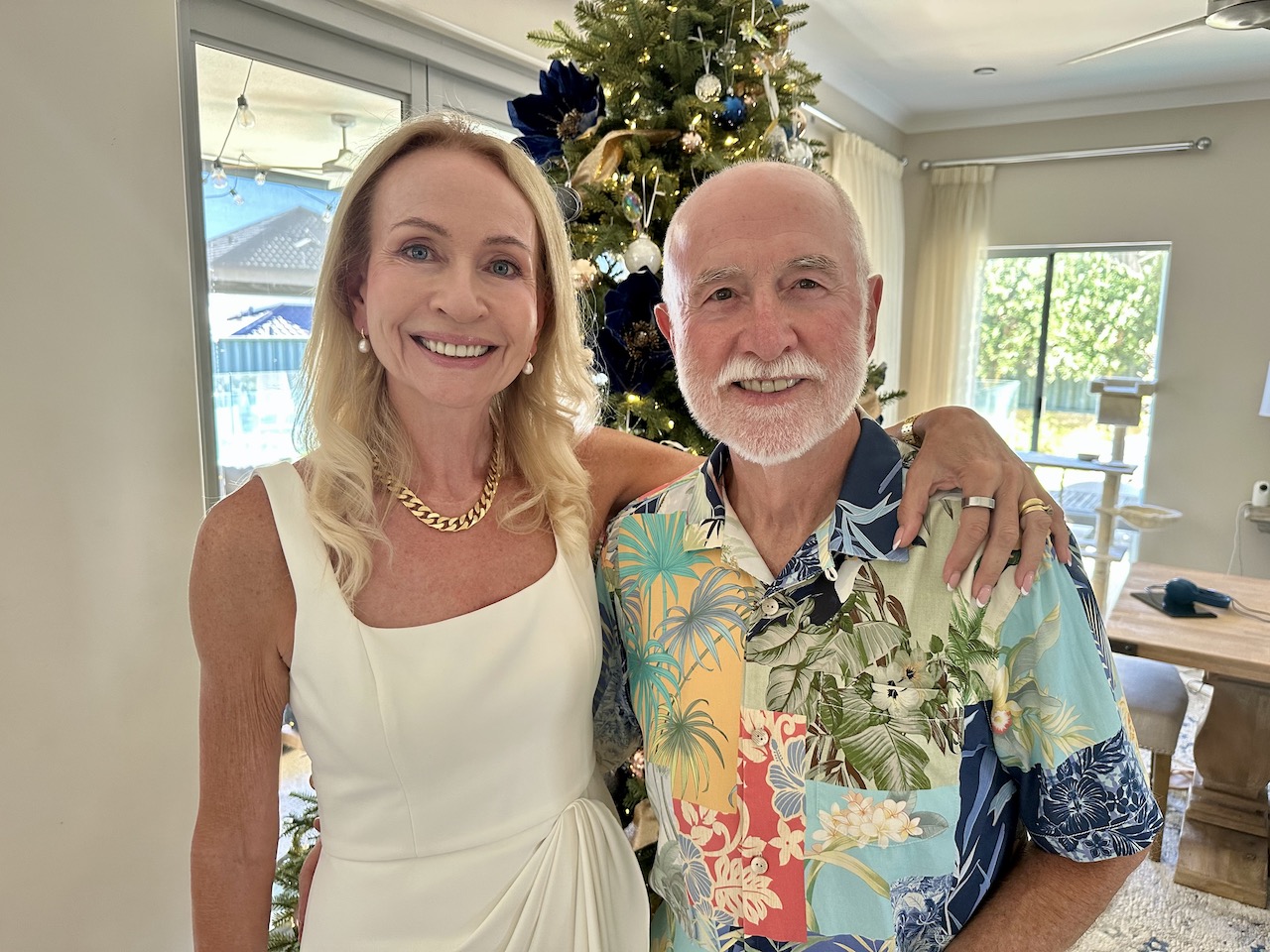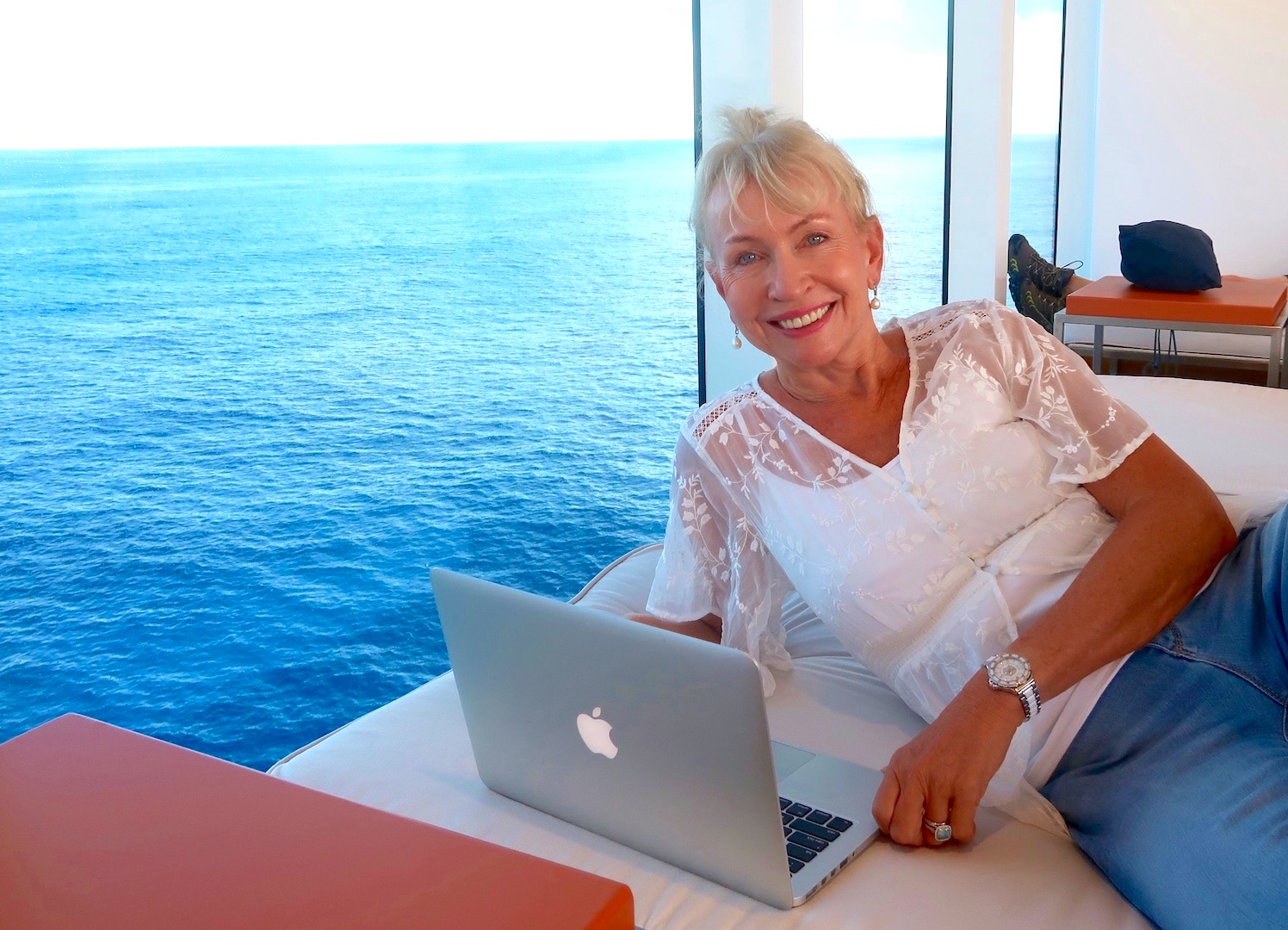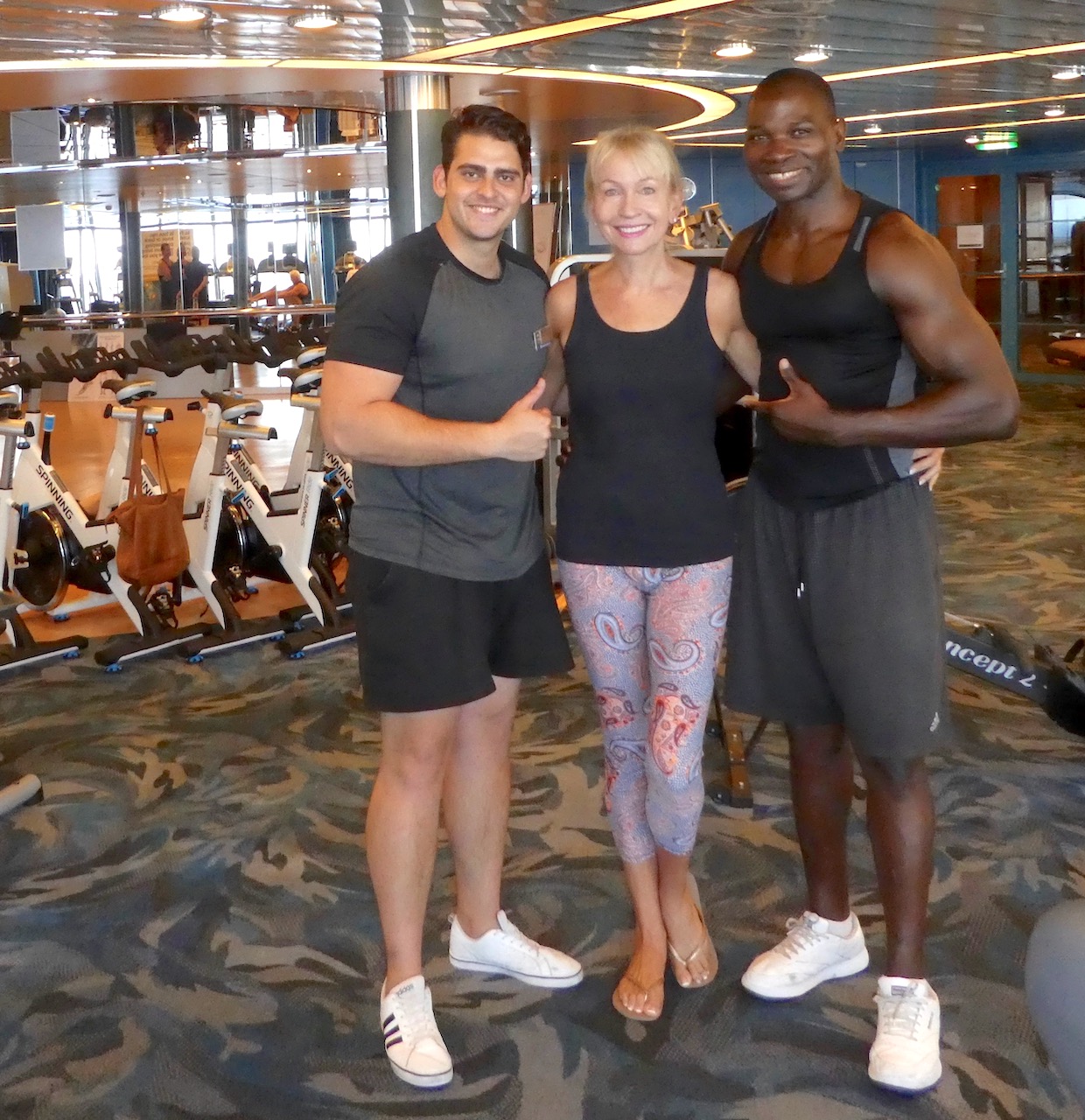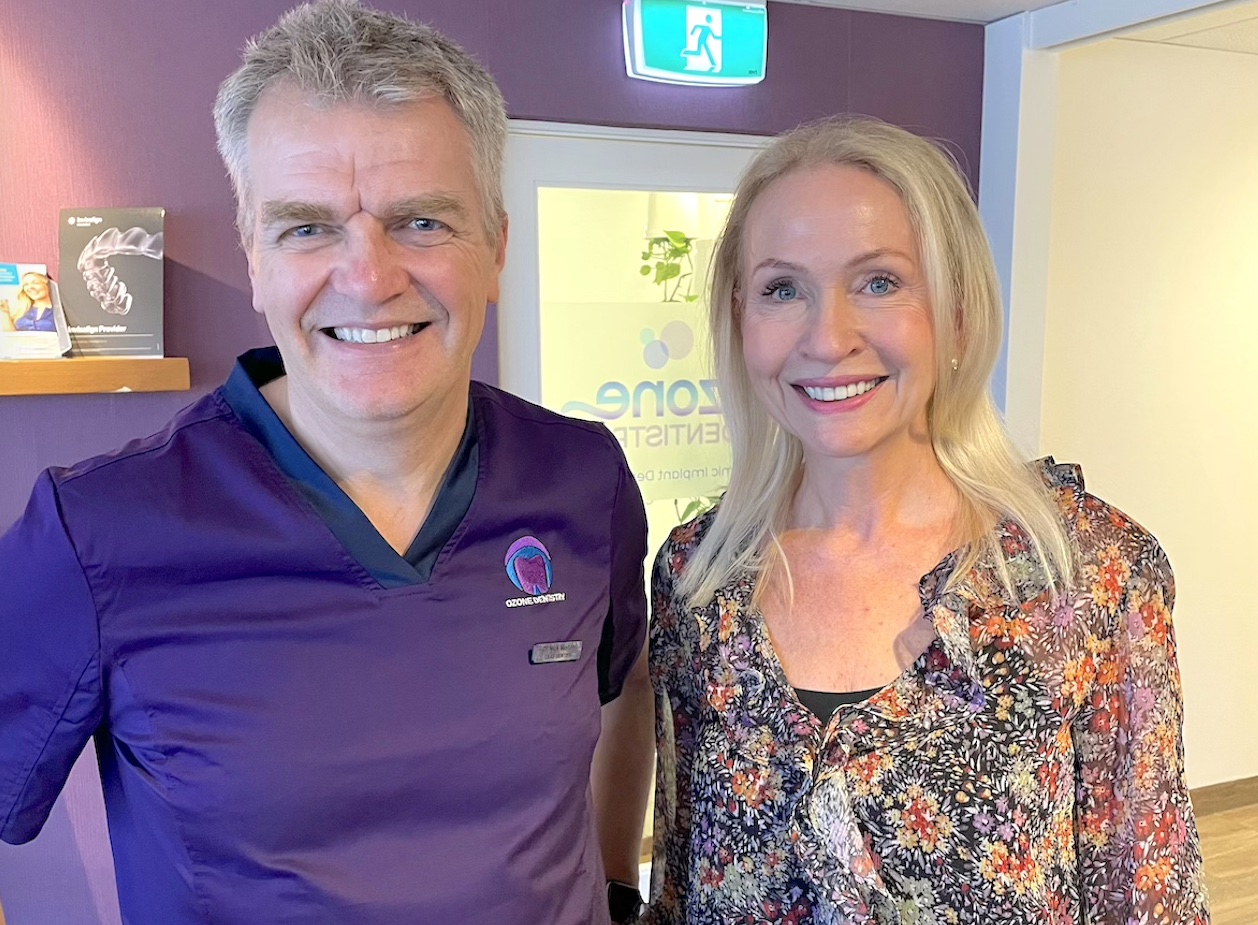How to go from a gym class to an operating theatre in 2.5 days; not dying from Somethin’ Stupid; Stayin’ Alive in wild, wild WA; Getting Lucky – surviving childhood, plus genetic and geographic lotteries; appendix stories – what’s yours?; appendixes and other vestigial organs; hospital heroes; Happy New Year!
On the first Wednesday morning in November, I’d sailed through my Les Mills Bodypump class with a smile on my face. So, how did I end up undergoing emergency abdominal surgery that same Friday night? It goes to show – looking and feeling healthy is no guarantee that all is well inside the body.

Somethin’ Stupid
To live a long and healthy life, our first priority is not to die young. Before worrying about dread diseases associated with old age – from heart disease and osteoporosis to Alzheimer’s – it behoves us to avoid potentially fatal events like motor accidents, infections, overdoses and suicide.
Entrepreneur and best-selling author Peter Diamandis has a special interest in longevity, and his website lists some rules for achieving it. I like his 4th Longevity Practice: “Don’t Die from Something Stupid”.

In case you were wondering, his other Longevity Practices include: sleep, diet, exercise and mindset. Exercise, he rightly says, is “the single most important pro-longevity activity you can undertake”.
After remarking that most of us have no idea what’s really going on in our bodies (until we look), he points out that the body is amazing at hiding disease. He is right, and a burst appendix is exactly the sort of something stupid that could kill you.
Peter chairs Fountain Life, a global platform that provides advanced screening and interventions to “promote a healthier, longer and more vital life”. With an annual membership of US$19,500, I’m not going to be joining up just yet. (What’s more, I didn’t see “appendix assessment” on the fancy list of diagnostic tools.)
Stayin’ Alive in WA
This topic occurred to me in my bed at Joondalup Private Hospital, where I spent 11 long days from 3-14 November. I was recovering from emergency surgery for a perforated appendix, along with various attendant complications.
There are many silly ways of prematurely shuffling off this mortal coil… consuming poisonous fungi, for example. Especially here in Western Australia, where there’s every chance of being bitten by a venomous snake, or a redback spider. Or eaten by an alligator, mauled by a shark, or crushed by a Western grey kangaroo coming through the windshield and landing in one’s lap. These are all distinct possibilities in a country where wildlife of all shapes and sizes seems intent on killing us.




Get Lucky!
#1 First, survive your childhood
How much is survival into old age due to luck? Quite a bit, it seems, starting with which historical era you happen to be born into.
These days, we more-or-less expect that children will survive childhood infections, playgrounds and the schoolyard to reach adulthood intact. When they don’t, it’s a deeply tragic exception to the rule.
Back in the Middle Ages, making it alive even to the age of five was by no means a given. So many infants died before turning five that it was quite common for wealthier people to hand over their mewling offspring to wet nurses and nannies to look after until they’d reached that less fragile age. This is thought to avoid the pain of losing to fatal infection a child you’d bonded with by breastfeeding and taking care of. That was if you as mother had been lucky enough to survive childbirth… many didn’t.
I’m unsure where I first read this – possibly in Antonia Fraser’s fascinating account of women’s roles in 17th-century England, titled The Weaker Vessel.
Another source, ourworldindata.org, points out that for most of human history, around one in two newborns died before the age of 15. That was the case as recently as two centuries ago. By 1950, it was about a quarter globally. In 2020, it was down to 4 percent – and only 0.4 percent in wealthier countries like Japan, Norway and Iceland.
#2 Choose the right parents
Following on from the historical context of one’s birth, there’s a genetic lottery that affects one’s chances of survival and a stab at longevity. If you carry the e4 version of the APOE gene, for example, you’re at significantly higher risk for Alzheimer’s and for cardiovascular disease; while the e3 version of the same gene is protective against these and other diseases. I’m fortunate not to have the e4 form.
(Note that APOE status is only one factor. It’s not a death sentence: lifestyle choices can greatly reduce or even entirely eliminate your risk. And that goes for 95 percent of genes!)
#3 Don’t die in the desert
The British like to brood about their postcode lottery, referring to differences in health and other services depending on one’s geographical location within the UK. Those differences bear no comparison with the situation in vast, underpopulated Australia, but I haven’t noticed similar brooding here.
Nevertheless, I hate to think what might have happened if my appendix was to have burst in the Nullarbor Desert last year, while we were crossing the continent from Perth WA to Brisbane QLD. (Click here for the exact post on my other blog, Travels with Verne and Roy.)

Anyway. It was lucky for me that, after less than three days of abdominal discomfort and nausea, I got a last-minute GP appointment at midday on Friday. Then an abdominal CT scan at Perth Radiological Clinic (Shenton House) a few hours later, from where I was wheel-chaired to the Joondalup Health Campus Emergency department next door, eventually admitted, and underwent emergency surgery that evening.
With different choices (should I leave it another day or two?), and in different circumstances (travelling, cruising), the outcome could have been a lot grimmer.

Afterwards, through a mist of opioids, I felt somewhat embarrassed… I could say humbled; though that would be stretching it. I thought how ironic it was that a health and longevity blogger* like me – someone who vaunts her fitness and lifestyle choices (not too smugly, I hope) – could have died of something so banal, so sneaky, so unheralded.

Appendix Stories
Everyone has an appendix story… either theirs or someone else’s. It mostly happens to younger people. For example, my gym friend Yvette’s burst when she was 23. And there are plenty of parents, like fitness instructor Sue, who live with the guilt of having ignored their child’s sore tummy complaint and sent them off to school, anyway. Also embarrassing. But what’s a busy mum to think when the pain strikes, apparently conveniently, on the morning of a dreaded test?
Roy’s appendix is famous for having been removed at the American Forces Hospital in Yokohama at the tender age of 19, while he was a BI (British India Steam Navigation Co.) cadet. A German surgeon, Dr Altenbay, performed the procedure under a spinal anaesthetic. Two days later, stitches still in place, Roy checked himself out and hitched a ride in the middle of winter to see his girlfriend in Osaka.
My sister Dale was 40 when her appendix became infected and had her doubled up in pain and writhing on the floor. Fortunately, she ignored husband Colin’s advice to wait and see. She got herself to hospital for emergency surgery and lived to tell the tale.
What are the chances?
Interestingly, a woman has a 6.9% chance of getting appendicitis at sometime in her life. US statistics show a one-in-twenty chance across genders. For straightforward surgery, you might spend a night or two in hospital. With complications like I had, it can be a lot longer.
Vestigial Organs?
Certain organs – like tonsils, appendixes, even gallbladders – have been considered optional. Like tonsils, appendixes have an unfortunate tendency to become infected themselves.

If you grew up during the 1950s to 1970s, as Dale and I did, you had a high chance of undergoing tonsillectomy at some stage, or having your adenoids out. My parents being more enlightened than the average Mama and Papa Bear, ours were spared to continue their infection-fighting work.
Appendix not vestigial, after all
Now that my late appendix is no more, I’m grateful for all its good work over the years. It’s now well recognised that the appendix:
(a) serves as a safe house for beneficial gut bacteria, repopulating the gut with helpful microbes when the microbiome is depleted or wiped out by diarrhoea, for example; and
(b) plays a role in immunity, especially in our early years.
Historically, the appendix was viewed – most famously by Darwin – as a “vestigial” organ that no longer has any real function in the human body. (Like the coccyx, a reminder of the tails our distant ancestors used to swing through the jungle.)
Prophylactic appendectomy
Since the 1950s, doctors working during winter on the Australia Antarctic Programme were required to have their appendix removed before heading south. The rest of the team was spared, presumably because there’d always be a doctor on hand to whip out the infected organ if necessary.
The same goes for US astronauts before an extended space flight, and there are probably dozens more examples.
It may be possible to divide people into two groups: those who yearn to behold the icy majesty of the arctic regions; and those who, like me, can think of nothing worse. Winter in Perth is about as cold as I want to be.

Doctor Doctor
I’ve long been highly critical of mainstream medicine – or at least what the system has evolved into. But now, being seriously ill has given me new respect for doctors and nurses. In truth, that’s one of my main motivations for writing this post.
As a firm fan of functional medicine (FM), I follow a lot of other proponents of FM. Almost every day, I listen to podcasts and/or audio-books by dozens of alternative or natural health authors, thought leaders, biohackers and so on.
Some of these are former allopathic doctors who for various reasons have seen the light and changed course. I salute these guys especially for their courage: going against the establishment, risking being banned from practising and branded as a quack takes enormous courage and integrity… especially when you may have a huge study debt to repay, and/or a family to feed.
They generally agree that Western (allopathic/orthodox) medicine is vital in acute or emergency situations like a broken limb, a car accident… or appendicitis. If I suspected I might be having a heart attack, I wouldn’t call my naturopath. No, I’d get myself to a hospital emergency department.
Joondalup Private Hospital
The care I received at Joondalup Private Hospital was excellent. Right from the start, sitting on a bed in pre-admission with Roy there and the surgical team in attendance, Sharia gave me a full run-down of what could happen during surgery – all the way through to the small chance of “bowel resectioning” and a bag which might be temporary (aargh!!); so that when I signed the consent form I knew what I was signing up to.
That was proper informed consent, unlike what so often happens in medicine. (Witness the recent “pandemic” and the unforgivable foisting of experimental gene therapy agents that neither were nor are “safe and effective”.)

I was lucky (here’s the luck aspect again) to have South African Dr Hannes Basson as my surgeon; laparoscopic surgery and appendicectomy happen to be two of his main areas of interest. I hear it’s rare to find a brilliant surgeon who also has a wonderful bedside manner. He and his multi-national team – not all equally blessed in the empathy department, it must be said (!) – not only kept me informed of my progress each day, but also listened to my concerns and generally responded appropriately.
As for the nurses, I suddenly got why people sing their praises. Eleven harrowing nights in hospital has given me a newfound gratitude for these overworked and undervalued people. I will never forget a couple of outstanding night nurses, for example, who made some of those long nights bearable. To Kiwi saint Tania Duncan, and Vera from Hong Kong via 20 years training and working in the UK (plus 30 subsequent years in WA!), thank you. When I asked Vera why she hadn’t yet retired, she modestly replied: “Yes, everybody asks me that. But I think I’m still useful.” Aaah.
Appendix

What now? Having lost 5kg when I didn’t really have much to lose, I needed to rebuild my strength. Not so easy, when my appetite was poor and a low-fibre diet was all I could cope with for a while. So I indulged in the kinds of treats Roy and I’ve been avoiding since February 2020. (That’s when we embarked on the Low Carb, No Crap® lifestyle that helped him lose 35kg in 18 months… and keep it off.)
Topped up with at least my fair share of Christmas mince pies, pudding and Pavlova, the 5kg are back. What’s more, I’m back at my Bodypump class to work on muscle-building – deeply grateful to be alive and well and living in Perth.
New Year’s Resolutions
I don’t do NY resolutions anymore. But if I were to, here’s what they’d be:
- Meditate regularly.
- Be kinder to others.
- Be kinder to myself.
- Walk more often.
- Go to bed earlier.
What’s up next? Something on a more light-hearted subject than ways to die, I promise. Happy New Year!







